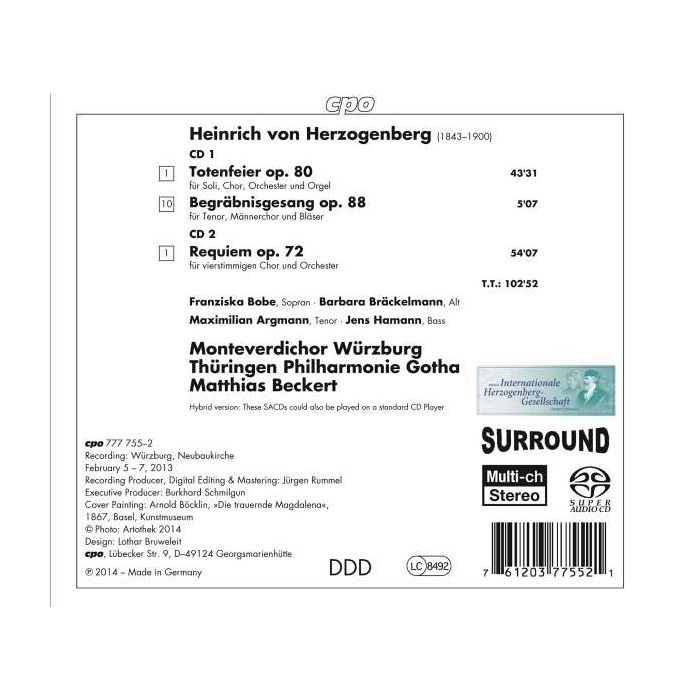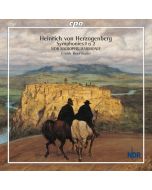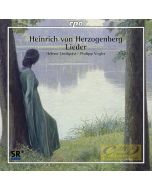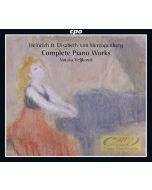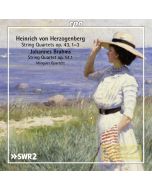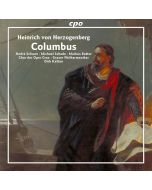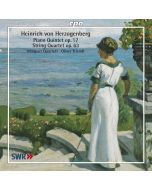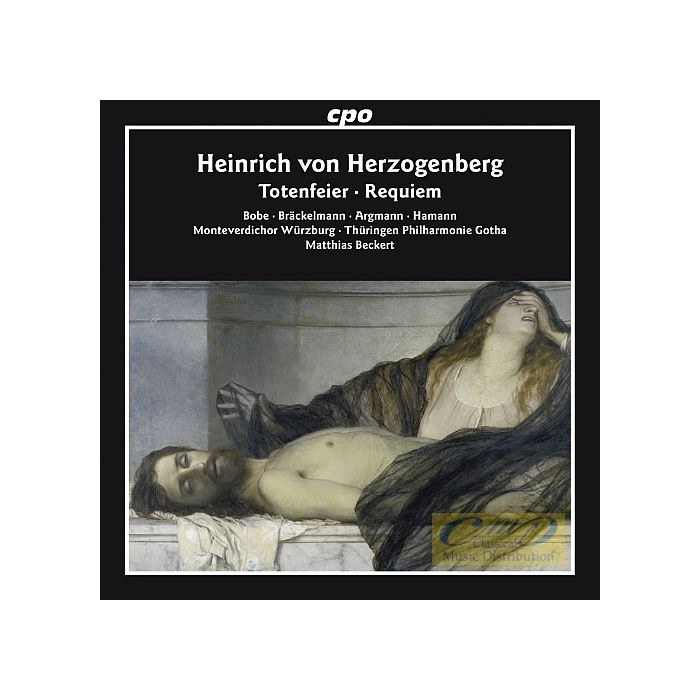
(Produkt nie został jeszcze oceniony)
kompozytor
Herzogenberg, Heinrich von
tytuł
Herzogenberg: Totenfeier Requiem
wykonawcy
Beckert, Matthias, Monteverdichor Wuerzburg, soliści, Thueringen Philharmonie Gotha
nr katalogowy
CPO 777755
opis
It is a unique case in music history for a composer to have dealt with the theme of dying and death on the basis of three very different texts: the classic subject of the Catholic Mass for the Dead (Requiem), a work best described as a Lutheran cantata drawing on German texts from the Bible and hymn stanzas, and a poem of his own authorship. Heinrich von Herzogenberg, to whom cpo is dedicating an edition containing almost all of his works, took it upon himself to cope with grief in this way. He composed his Requiem in 1890 without a specific occasion in mind, but his other two works represent artistic reactions to two personal and sorrowful strokes of fate. Philipp Spitta, his best friend, unexpectedly died of a heart attack in 1894, when he was only fifty-two years old, and Herzogenberg composed his Begräbnisgesang (Burial Song) for the dedication of the gravestone during the following year. Two years earlier Herzogenberg had experienced a considerably more existential loss when his beloved wife Elisabeth succumbed to a chronic heart ailment at the young age of forty-four. Herzogenberg thereupon plunged into work in order to perpetuate his wife's legacy in music, writing his grand Kirchenkantate auf das Todtenfest (Church Cantata in Commemoration of the Dead). He himself compiled the texts for the setting from biblical passages and hymn stanzas. In this personal form it became a counterpart to Brahms's Ein deutsches Requiem. After the premiere Max Bruch wrote, »Herzogenberg has had the courage to express exactly what he felt in his heart, and the effect did not fail to manifest itself.«
nośnik
SACD x 2
wydawca
CPO
data wydania
28.05.2014
EAN / kod kreskowy
761203775521
119,00 zł
Produkt na zamówienie
Wysyłka ustalana indywidualnie.
Darmowa wysyłka dla zamówień powyżej 300 zł!
Darmowy kurier dla zamówień powyżej 500 zł!
sprawdź koszty wysyłki